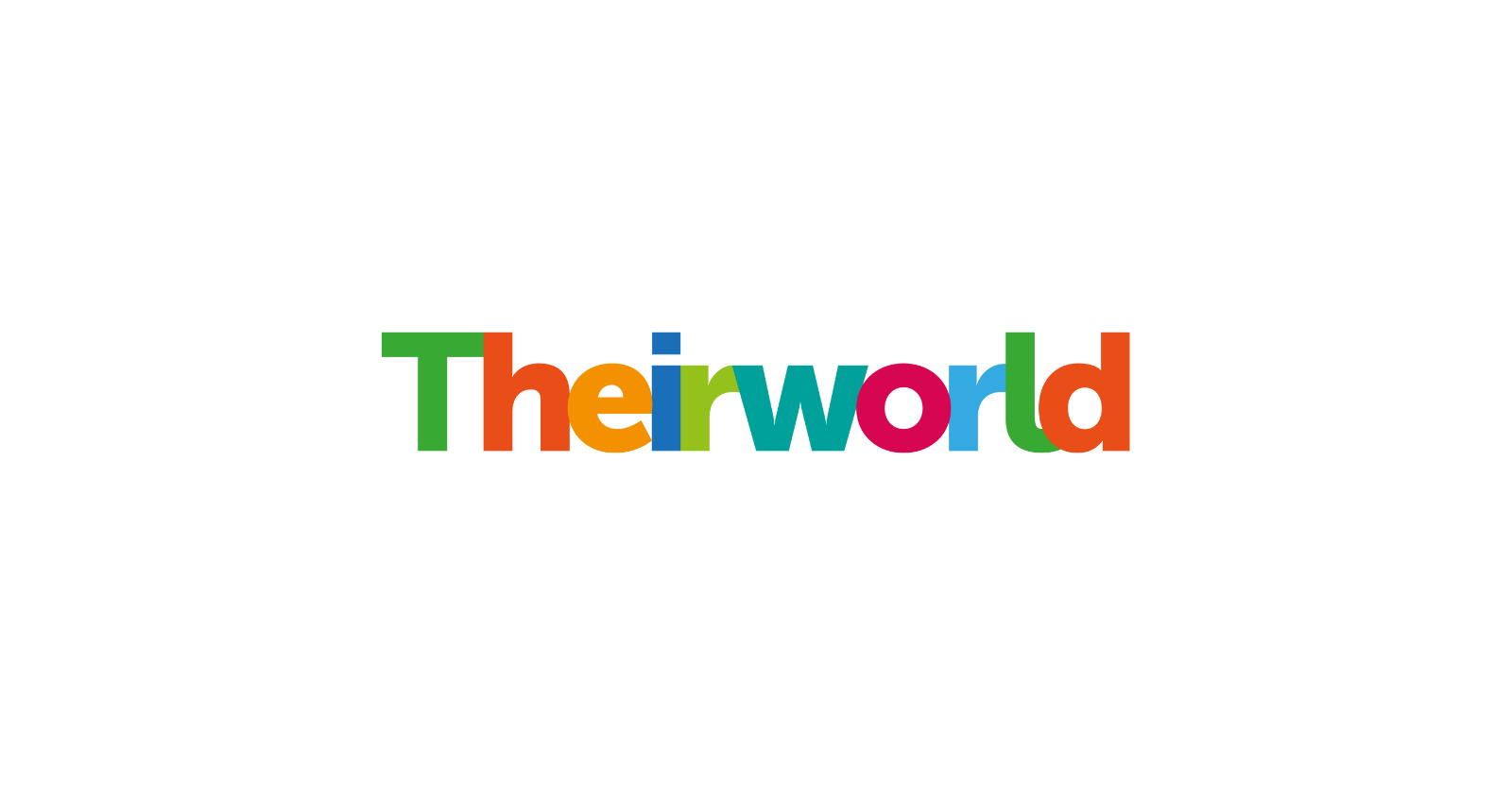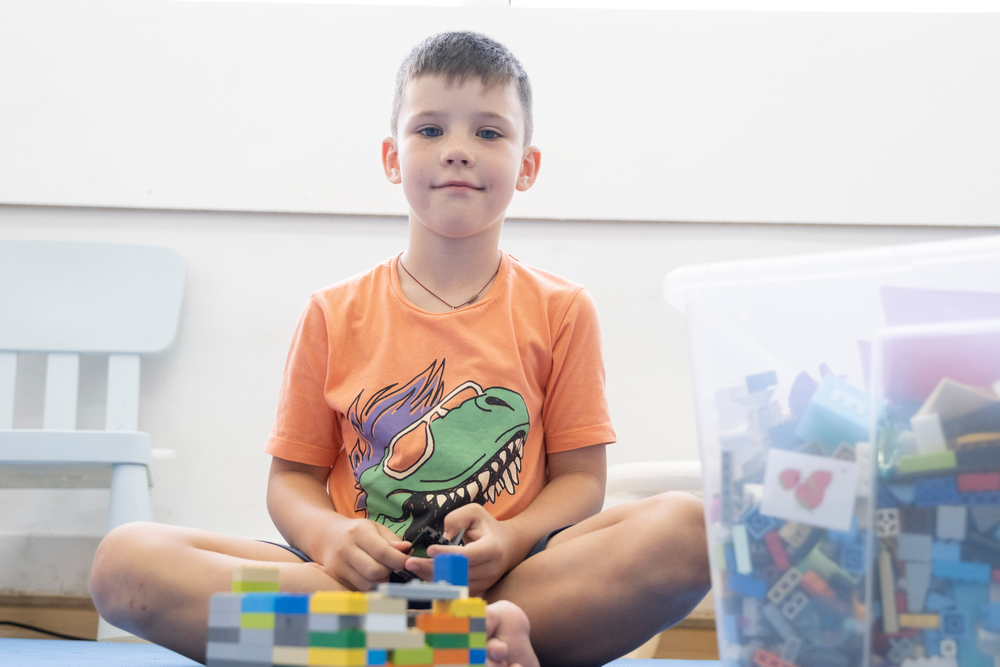
Free school meals get more Syrian refugee children into the classroom
Education in emergencies, Refugees and internally displaced people, Right to education
A pilot programme run by Theirworld supported over 4000 students in Lebanon and led to improved attendance and diet diversity.
School feeding programmes for Syrian refugee children in Lebanon mean children went to school more often and performed better in the classroom, a report by Theirworld reveals today.
Our school snack programme – the only humanitarian feeding project in the country to produce statistical data – showed the introduction of free healthy meals saw attendance rise by 7% and led to a significant improvement in diet diversity.
The three-year pilot – supported by players of the UK People’s Postcode Lottery – has engaged with 4000 Syrian refugee and local Lebanese children in the Bekaa Valley and Mount Lebanon areas since it began in 2016.
Lebanon is home to over one million Syrian refugees. About 625,000 of them are children and 40% are out of school.
The refugee families struggle to survive – 91% of households do not have enough food and 58% live in extreme poverty on less than $3 a day, according to the UN refugee agency UNHCR.
Theirworld President Sarah Brown said: “This project came about as a response to the needs of Syrian refugee families who repeatedly told us that their children lacked food and education.
“Together with the support of the Lebanese Ministry for Education, schools and local caterers we provided food in state schools – a first in Lebanon.”
Carine Sobhieh, a teacher from our pilot project at Mtein school in Mount Lebanon, said: “The Syria crisis has had a profound impact on our school – the number of pupils has increased by almost 80%.
“Before the snacks were introduced, I noticed many Syrian children did not eat during the lunch break. They were tired, hungry and unable to learn during class. These snacks are a lifeline for the poorest children.”

Kimberley Green, Theirworld’s Lebanon Project Manager, said: “Poverty levels amongst Syrian refugees in Lebanon have increased in the seven years since the conflict began.
“Many parents are unable to provide food for packed lunches and their children cannot afford to buy lunch from the private food kiosks which operate in many Lebanese schools.”
She said news of the free snack programme spread quickly in the refugee communities – and many parents enrolled their children into the pilot schools because they knew they would be fed.
The snack programme has ended after three years.
But Sarah Brown said: “We hope the findings on the correlation between learning, diet and food insecurity will encourage donors to find innovative ways to support refugee children’s education and nutrition.”
The research was conducted by Dr Hala Ghattas, lead researcher, with support from research assistant Zeina Jamaluddine.
Dr Ghattas said: “School snack programmes should be continued in Lebanese public schools, particularly in those that host Syrian refugees, as they can improve the diet diversity of children coming from food insecure households”
More news

Theirworld’s mission to give children in crises a safe place to learn
